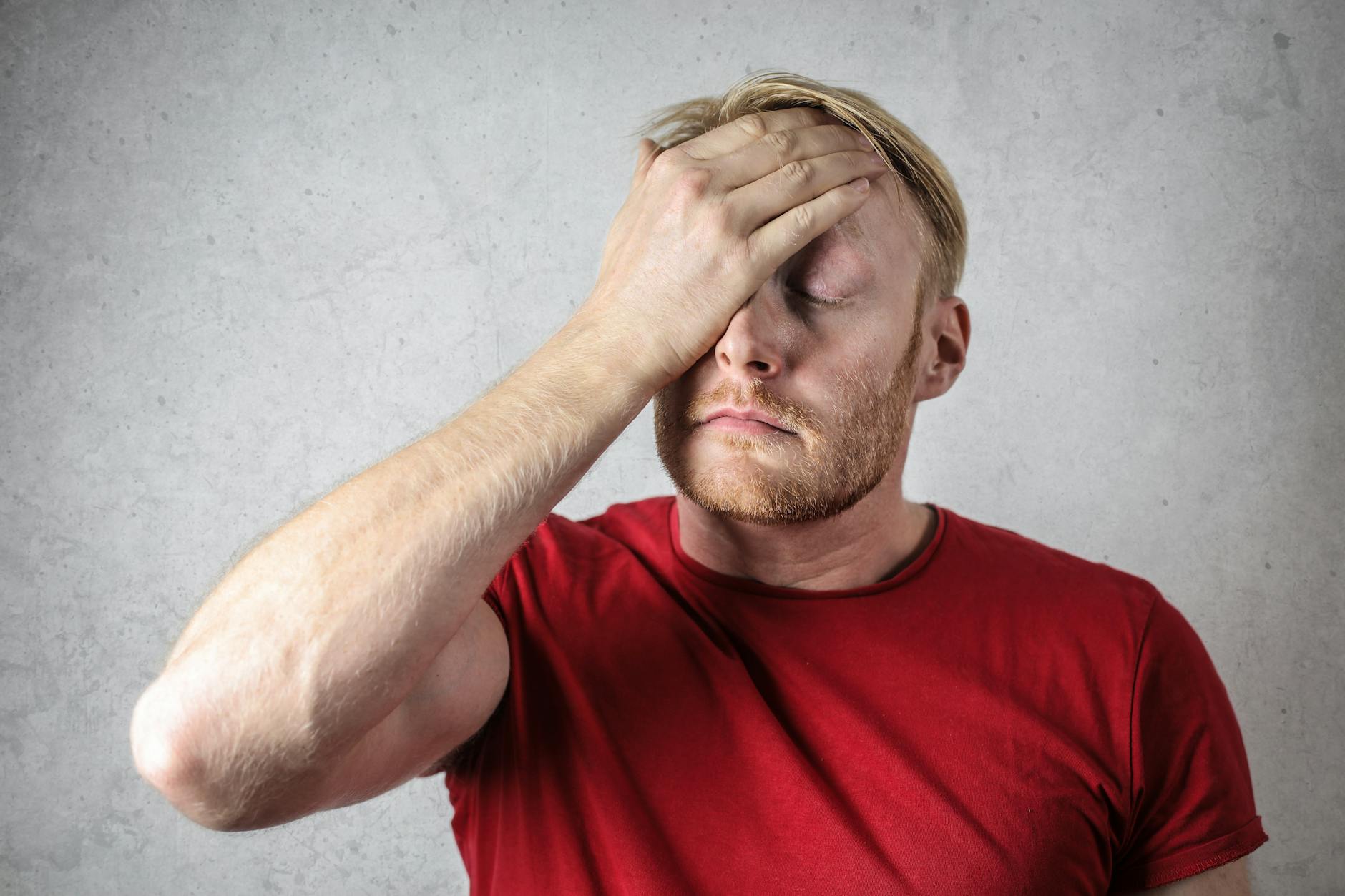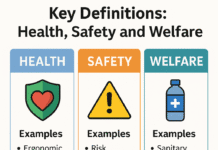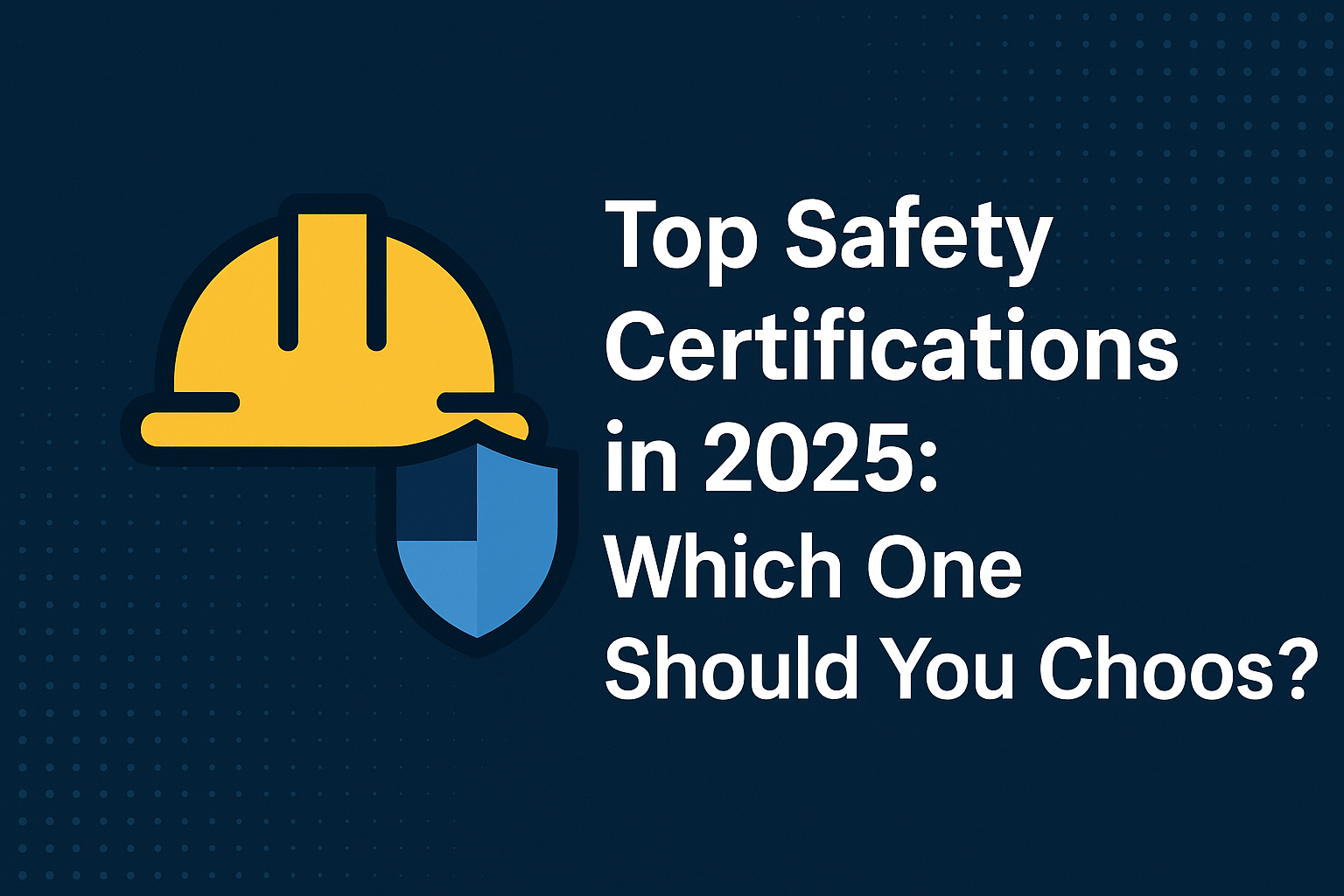
What are the First Signs of Heat Exhaustion
Heat exhaustion is a serious condition that occurs when your body overheats, typically as a result of exposure to high temperatures, strenuous physical activity, or a combination of both. It’s important to recognize the early signs of heat exhaustion to prevent it from progressing to heat stroke, a life-threatening condition. Here are the first signs to watch out for:
Excessive Sweating
One of the initial signs of heat exhaustion is excessive sweating. Your body sweats as a way to cool down, but when exposed to high temperatures or engaged in vigorous activity for an extended period, sweating may become profuse and inadequate for cooling.
Fatigue and Weakness
Feeling unusually tired or weak, even with minimal physical exertion, can indicate heat exhaustion. The body becomes fatigued as it struggles to regulate its temperature and maintain normal bodily functions in the heat.
Dizziness and Fainting
Heat exhaustion can cause dizziness or lightheadedness, which may progress to fainting if not addressed promptly. Changes in blood pressure and circulation due to dehydration and heat stress can lead to these symptoms.
Nausea and Vomiting
Nausea and vomiting are common symptoms of heat exhaustion, often accompanied by a feeling of queasiness or discomfort in the stomach. Dehydration and electrolyte imbalances contribute to gastrointestinal disturbances.
Headache and Muscle Cramps
Headaches and muscle cramps are frequent complaints in individuals experiencing heat exhaustion. Dehydration leads to electrolyte imbalances, which can trigger muscle spasms and tension headaches.
Rapid Pulse and Shallow Breathing
A rapid pulse and shallow breathing are signs that the body is under stress from heat. As the body attempts to cool itself, the heart rate increases, and breathing may become more rapid and shallow in an effort to expel excess heat.
Recognizing these signs early is crucial for preventing heat-related illnesses from worsening. If you or someone you know exhibits any of these symptoms, it’s essential to take immediate action to prevent further complications.
Immediate Actions to Take
When you suspect heat exhaustion, taking prompt action can make a significant difference in preventing it from progressing to a more severe condition like heat stroke. Here are the steps to take:
Move to a Cooler Environment
The first step is to move the affected person to a cooler, shaded area away from direct sunlight. If indoors, turn on fans or air conditioning to help lower the temperature.
Hydrate and Replenish Electrolytes
Encourage the person to drink cool water or sports drinks to rehydrate and replenish lost electrolytes. Avoid beverages containing caffeine or alcohol, as they can worsen dehydration.
Remove Excess Clothing
Loosen or remove tight or unnecessary clothing to help the body cool down more efficiently. This allows sweat to evaporate and heat to dissipate from the skin.
Cool the Body
Apply cool, damp cloths or towels to the skin or use a fan to facilitate evaporative cooling. Avoid using ice or extremely cold water, as this can constrict blood vessels and hinder heat dissipation.
Taking these immediate actions can help alleviate symptoms and prevent heat exhaustion from escalating. However, if symptoms persist or worsen despite these measures, seek medical attention promptly.
Prevention Measures
Preventing heat exhaustion starts with taking proactive measures to stay cool and hydrated, especially during hot weather or when engaging in strenuous activities outdoors. Here’s what you can do to prevent heat-related illnesses:
Stay Hydrated
Drink plenty of fluids throughout the day, especially water, to stay hydrated. Aim to consume at least eight glasses of water daily, and increase your intake during hot weather or when exercising.
Dress Appropriately
Wear lightweight, loose-fitting clothing made of breathable fabrics like cotton or moisture-wicking materials. Avoid dark colors that absorb heat and opt for light-colored clothing that reflects sunlight.
Avoid Strenuous Activities in Extreme Heat
Limit outdoor activities during the hottest parts of the day, typically between 10 a.m. and 4 p.m. If you must be outdoors, take frequent breaks in shaded or air-conditioned areas.
Take Regular Breaks
When working or exercising in the heat, take regular breaks to rest and cool down. Listen to your body’s cues and stop activity if you start to feel overheated or fatigued.
By following these prevention measures, you can reduce your risk of developing heat exhaustion and other heat-related illnesses.
Seeking Medical Attention
While mild cases of heat exhaustion can often be managed with self-care measures, more severe cases may require medical attention. Here’s when to seek help:
When to Seek Help
Seek medical attention if symptoms of heat exhaustion persist or worsen despite taking appropriate measures. Additionally, if the affected person experiences confusion, loss of consciousness, or seizures, seek emergency medical assistance immediately.
Treatment Options
Medical treatment for heat exhaustion may include intravenous fluids to rehydrate the body and restore electrolyte balance. In severe cases, hospitalization may be necessary for monitoring and further treatment.
Conclusion
Heat exhaustion is a preventable condition that can occur when the body overheats due to exposure to high temperatures or strenuous activity. Recognizing the first signs, taking immediate action, and implementing preventive measures are crucial for avoiding heat-related illnesses. By staying hydrated, staying cool, and knowing when to seek help, you can enjoy outdoor activities safely even in hot weather.
National Electrical Safety Month
National Safety Stand-Down to Prevent Workplace Falls
FAQs
- Can heat exhaustion lead to heat stroke? Heat exhaustion, if left untreated, can progress to heat stroke, a life-threatening condition that requires immediate medical attention.
- Who is at risk of developing heat exhaustion? Anyone can develop heat exhaustion, but individuals who work or exercise outdoors, older adults, young children, and those with certain medical conditions are at higher risk.
- How can I stay hydrated in hot weather? Drink plenty of water throughout the day, and avoid beverages that contain caffeine or alcohol, as they can contribute to dehydration.
- What should I do if I suspect someone has heat exhaustion? Move the person to a cooler environment, offer fluids, remove excess clothing, and seek medical attention if symptoms persist or worsen.
- Are certain medications or medical conditions risk factors for heat exhaustion? Yes, certain medications and medical conditions can increase the risk of heat-related illnesses by affecting the body’s ability to regulate temperature or stay hydrated. It’s essential to consult with a healthcare professional if you have concerns about how your medications or medical conditions may impact your risk of heat exhaustion.
























